Robotics, Resiliency, and a Vision for a Better Global Future
What happened at the FIRST Global 2017 Challenge, was more than just a robotics competition. The event held in Washington DC, which hosted young people from 150 countries, was an opportunity to build bridges, demonstrate resiliency, crush stereotypes and damaging misperceptions, think creatively, and collaborate cross-culturally.
Journalist, Kavitha Cardoza, explained in this news piece for Education Week and PBS, “This robotics competition is part of an effort to get more young people, particularly from underrepresented countries, to enter STEM fields...A few months ago, all teams received boxes containing hundreds of identical parts, and the students had to figure out how to take the wheels and gears, sensors and sprockets, and create a robot.”
Countries were paired with other countries, students often not speaking the same language. They had to learn to communicate and come up with solutions together. The problem they were tasked to solve? Chipping away at the world’s clean, accessible, drinkable water crisis.
The leader of the program, Dean Kamen, told the students, “You are the first generation on this planet, that could grow up with all of its kids knowing each other, working together, creating value, so that you can all have better lives, and we can have a better world.”
The girls in Afghanistan had so many obstacles to get this done, starting with difficulty accessing education because of their gender, zero experience in robotics, and being denied visas TWICE to the US for the competition. When Afghanistan arrived they were cheered the loudest.
A girl from Honduras had to travel two hours just to reach her school.
A girl from Liberia spoke of having to wait for night time to work on the project because of unreliable electricity.
A girl from Nepal said she and her classmates felt intimidated by countries like Japan and the US because those countries had so much access to technology and science education, but she felt much more confident and happy when she arrived and made friends with everyone.
The Gambian team, not written about by ED Week, but written about in this great NPR article, didn’t even have a coach. With no experience in robotics but with a passion for physics, their 2 girl and 3 boy team taught themselves primarily by watching videos on the internet. They were also denied visas at first. But the resilience of the team got them through. The team captain told NPR,
"Having no hope to come, we still worked. We never give up, no matter how hard the condition is. That's how we pushed and pushed and pushed until we finally reapplied and got our visa, and here we are now.”
With all of these obstacles, they powered through and THEY DID IT! I’m especially moved by the girls that participated. With girls around the world being discouraged from exploring STEM fields, they made up only 20% of the entire event. To hear them speak about why they wanted to do this, how important education was to forge a better life for their fellow citizens and for the world in general was such an inspiration.
One of the reasons why I love working with adolescents is, despite all the obstacles they face, so many of them find a way to keep going and to imagine a better world. Our role as adults is to make sure that ALL young people (no matter what nation they are from, what gender they are, what race they are, how much wealth they have) find this hope and resiliency.
Our job as adults is to create opportunities for these young people to express their vision for the future, and create value for others. And then we need to LISTEN to them and get out of the way. Our future depends on this and our lives are made richer when we do!
To learn more about this competition, visit their website, http://first.global
Watch the Education Week/PBS video here.
*This post was originally published on LinkedIn.
